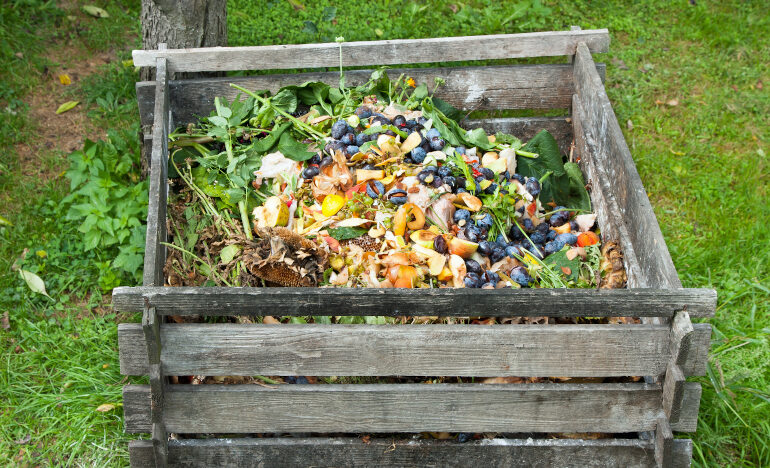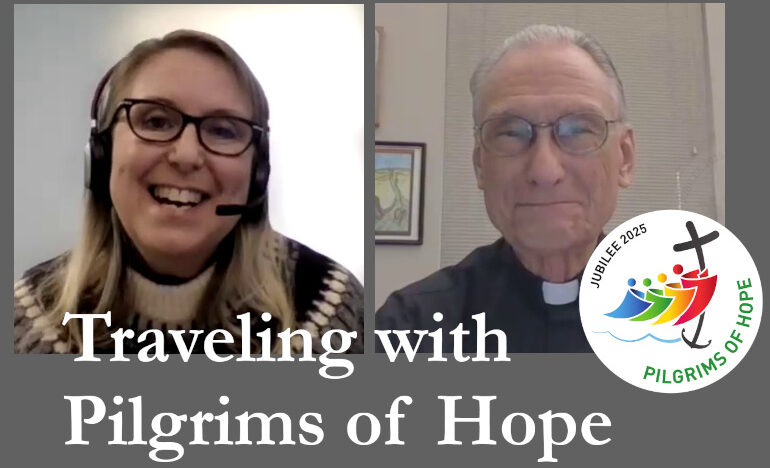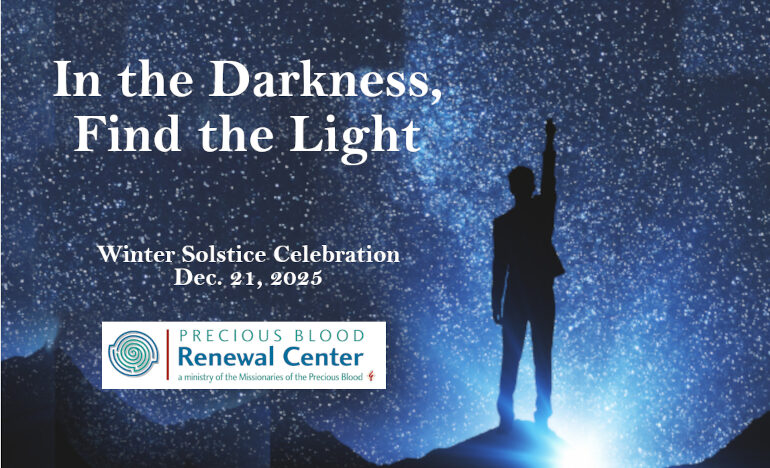Loss and Grief

An Assembling God’s Puzzle video
By Fr. Garry Richmeier
We begin life with a loss — we lose the warm, protective comfort of the womb and are thrown into the cold, harsh, bright outside world. And that sets the tone for the rest of life. Someone once said that all of life is a lesson in letting go, of loss.
Loss is not all there is, but it is a frequent companion on the journey, and a piece of the puzzle we have to fit into our lives somehow.
We spend much of our time trying to get rid of what we don’t like, and preserving what we do like. Once we find something we like (a person, a job, a residence), there is something maybe deep inside us that says “This should be here forever.”
We may know logically that change will always happen, but we still have that inner voice hoping otherwise. That is why when change shows up as our losing something or someone, it can shake us at a very deep level.
What also makes loss traumatic is that when we lose one piece of our life, many of the other pieces of our life are shaken up or lost also. For example, if I lose my job, that may change the daily routine I’ve had for years. It might change or end the relationships I’ve built up among coworkers. It can affect my view of myself as a worthwhile employee. With the loss of a job, suddenly big areas of my life are thrown into chaos.
When the loss is a person who has been a big part of my life, like my spouse, pretty much all aspects of my life are going to change. That is why people who lose their spouses, in addition to feeling the pain and loss, often feel confused, aimless, and disconnected from everything. Their world can suddenly seem like a foreign and unfamiliar place.
Grief is the human response to loss. I don’t think anyone likes grieving or wants to go through it, but it is pretty much an automatic response to loss. And as loss is a recurring life event, so is the process of grief.
Charlie Brown of Peanuts fame always said “Good grief!” It was just his expression, but in a real way, grief is good, because it is the process of turning all the awful feelings involved with loss into something else, something more useful and meaningful.
I like to compare the process of grieving to the process of composting. When composting, a person collects all the stuff that is useless for growing things, like sticks, dead branches, dirt clods, leaves, even table scraps. They put it in a container or a pile, and then they “work” them, which means they occasionally water it, stir it up, and turn it over. It’s sometimes a smelly, messy business, especially as it rots as it ages. But eventually it turns into rich soil from which new life can sprout.
The process of grief is similar. We collect all the stuff resulting from loss that seems worthless and good for nothing, like the pain, anger, sadness, depression, guilt, confusion, motivational paralysis, and all the other connected emotions. Then we “work” it, which usually means we go through it over and over again, exploring the depth of each emotion, describing all the effects of the loss, sifting through the good, bad, and the ugly.
It can be messy, unpleasant business, and no one really wants to do it. But with time, like composting, that worthless stuff can turn into something worthwhile, something that can bring life. It may turn into strength that helps us face future losses. It may turn into more compassion for others who experience similar losses. It may turn into a greater valuing of the loved ones we still have.
Grief, like composting, requires faith, that doing all that “dirty” work will result in something valuable.
I said earlier that grief in response to loss happens automatically. And if we consciously enter into doing the work of grief, we more quickly emerge on the other side of grief and loss. But what sometimes happens is that a person doesn’t want to, or isn’t capable of, tackling that work at a given time. They may deny that the loss affected them much. Or they may profess being strong and impervious to the pain. Or they may put on a “Pollyanna” façade, and pretend all is well. Or they may simply go numb, and proceed with life like a robot. But since grief is automatic, it will express itself one way or another, with or without a person’s conscious participation. Actively choosing to do the grief work is less awful in the long run.
There are many possible ways to do grief work. They all have to do with exploring, identifying, and describing the many effects that loss has on a person, especially the resulting emotions. There are many grief support groups out there to help people in this process. Seeking out a therapist may help. Sharing with family and friends is good. Keeping a journal of day-to-day thoughts, feelings, and memories is possible. There are many books on grief available which can help a person name their grief. Talking to one’s pastor and/or participation in a faith community can be of comfort.
As Christians, we believe in the Paschal Mystery, that from death comes new life. Loss is a form of death. Embracing the work of grief is an act of faith in that promise of new life.
All of the videos in this series can be found here: Assembly God’s Puzzle.
Never miss an article published on the Renewal Center website: Sign up to receive our newsletters.
[Fr. Garry Richmeier, a Precious Blood priest and spiritual director, holds a Master’s of Divinity Degree from St John’s University in Collegeville, Minnesota, and a Master’s of Counseling Psychology degree from the University of Missouri-Kansas City. He is a licensed professional counselor and a licensed marriage and family therapist.]
Loss and Grief An Assembling God’s Puzzle video Photo 59118332 | Compost © Airborne77 | Dreamstime.com
We’d Like to Hear from You!
We’d like to know what you think about this article. Send us a comment using the form below. Do you have a suggestion? Is there something you want to learn more about? Send us a note.
Related

Pilgrims of Hope, Episode 11 Walking with Young People
In this episode of the Jubilee Year video series, “Traveling with Pilgrims of Hope,” we talk with Teri Iverson, the Vocation Ministry Coordinator for the Sisters of the Precious Blood in Dayton, Ohio, about the joy and hope she finds in working among young people.

Video: Winter Solstice Celebration 2025
The Winter Solstice is the longest night of the year and the earth lies fallow. We are drawn naturally into contemplation. At the Renewal Center, we mark the Winter Solstice with a time of slow, quiet reflection and fellowship.
Categories
Assembling God's Puzzle Coffee with Padre Cooking & Spirituality Encounters of the 4th Kind Family Matters Guided Meditations Reflections on the Eucharsitic Prayers Spiritual Resources Taize Prayers Teach Us to Pray The Contemplative Life Traveling with Pilgrims of Hope Uncategorized Videos When you need a little help
